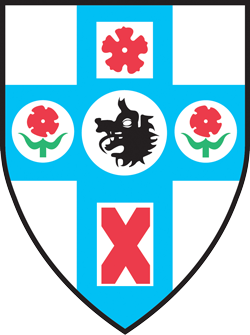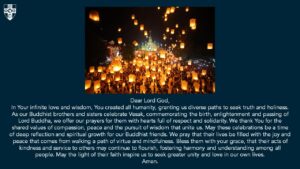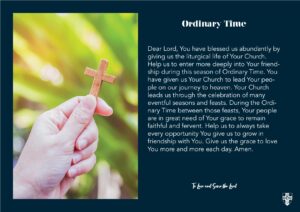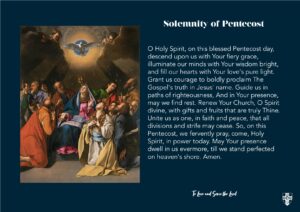Today, on World Hunger Day, we are reminded of the harsh reality that millions of our brothers and sisters around the globe face every day. Hunger is not just a physical state but a profound injustice that affects the most vulnerable among us, robbing them of dignity, hope and the fullness of life that God intends for every person.
As Catholics, we are called to act with compassion and justice. Our faith teaches us that every human is made in the image of God and deserves to have their basic needs met. The Catechism of the Catholic Church states, “The right to food is one of the most basic human rights. It is a fundamental human need that must be met” (CCC 2402).
Scripture provides us with powerful examples and teachings about feeding the hungry. Jesus Himself showed profound compassion for the hungry, feeding the multitudes with loaves and fishes and teaching us to pray for our daily bread. In the Gospel of Matthew, Jesus tells us, “For I was hungry and you gave me something to eat” (Matthew 23:35). This is not just a call to charity but a mandate for justice.
The tradition of the Church is rich with saints who dedicated their lives to serving the poor and hungry. Saint Vincent de Paul, Saint Teresa of Calcutta, and many others remind us that service to the poor is a cornerstone of our faith.
On this World Hunger Day, let us renew our commitment to ending hunger. Inspired by our faith, let us work towards a future where every person has access to the nourishment they need. Together, through prayer, action and solidarity, we can make a difference.
As Pope Francis reminds us, “We are in front of a global scandal of around one billion people… who still suffer from hunger today. We cannot look the other way and pretend this does not exist” (Pope Francis, World Food Day 2013).
Let us heed this call and strive to be the hands and feet of Christ in a world in needs of His love and mercy.
Today and every day, let us remember the words of Jesus: “Whatever you did for one of the least of these brothers and sisters of mine, you did for me” (Matthew 25:40). May our actions reflect the love of Christ and bring hope to those who hunger.










